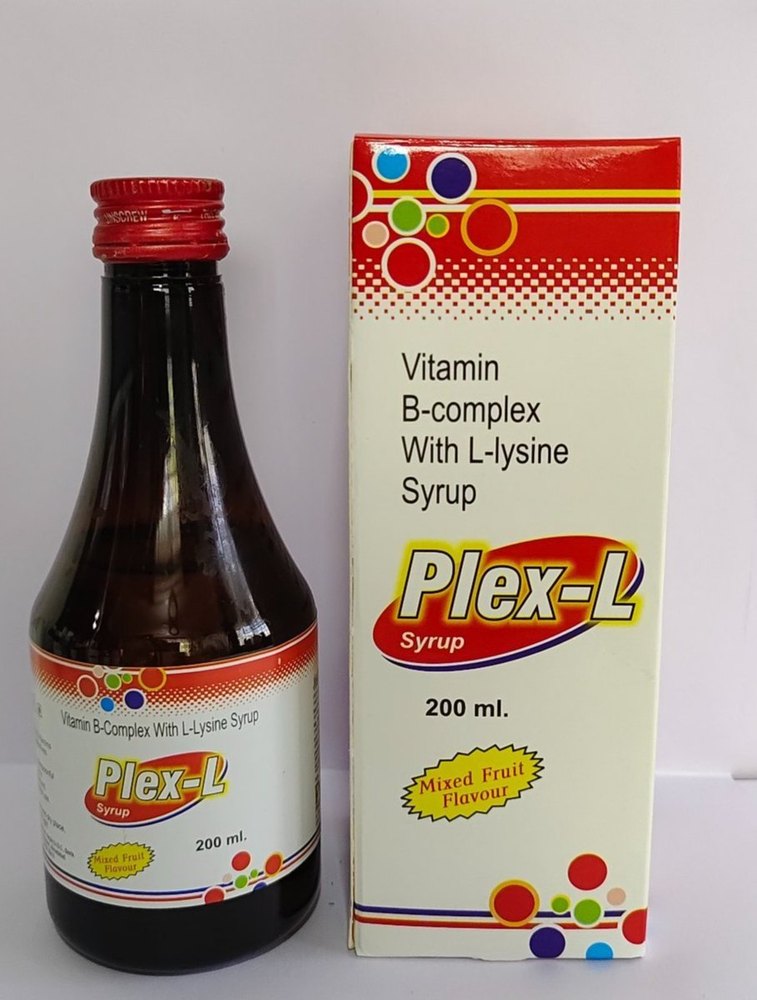Description
Ortac Tablet: Ranitidine 150mg
Manufactured by Orion Lab
Ortac Tablet contains Ranitidine 150mg, a medication primarily used to reduce stomach acid. It comes in a pack of 100 tablets and is available in Nepal at a retail price of 3.00 NPR.
What is Ortac Tablet Used For? (Indications)
Ortac Tablet is prescribed for various conditions related to excess stomach acid, including:
- Dyspepsia (indigestion)
- H. pylori infection (a bacterial infection that can cause ulcers)
- Benign gastric and duodenal ulcers (sores in the stomach or small intestine)
- Gastroesophageal Reflux Disease (GERD), also known as acid reflux
- Acid aspiration during general anesthesia (to prevent stomach acid from entering the lungs)
- Prophylaxis during NSAID treatment (to prevent ulcers when taking certain pain relievers)
- Stress ulceration of the upper gastrointestinal tract
- Zollinger-Ellison syndrome (a rare condition causing excessive acid production)
How to Take Ortac Tablet (Dosage)
Ortac Tablet can be taken with or without food.
Adult Dose (Oral)
- Benign Gastric and Duodenal Ulceration:
- Initial: 300 mg once daily at bedtime OR 150 mg twice daily for 4-8 weeks. For duodenal ulcers, 300 mg twice daily for 4 weeks may improve healing.
- Maintenance: 150 mg once daily at bedtime.
- Maximum: 300 mg twice daily.
- Hypersecretory Conditions (e.g., Zollinger-Ellison syndrome):
- Initial: 150 mg twice or three times daily, increasing if needed.
- Maximum: 6 grams daily.
- Gastro-oesophageal Reflux Disease (GERD):
- 150 mg twice daily OR 300 mg at bedtime for up to 8 weeks.
- For severe cases, the dose may be increased to 150 mg four times daily for up to 12 weeks.
- Dyspepsia (Indigestion):
- Chronic Episodic: 150 mg twice daily for up to 6 weeks.
- Short-term Symptomatic Relief: 75 mg, repeated if necessary up to 4 doses daily. Do not use continuously for more than 2 weeks at a time.
- Erosive Oesophagitis:
- Initial: 150 mg four times daily.
- Maintenance: 150 mg twice daily.
- NSAID-Associated Ulceration (Treatment):
- 150 mg twice daily OR 300 mg at bedtime for 8-12 weeks.
- Prevention of NSAID-Associated Ulceration: 150 mg twice daily.
- Hepatic Impairment (Liver Problems): No dosage adjustment is generally needed.
Child Dose (Oral)
(For children aged 1 month to 16 years)
- Benign Gastric and Duodenal Ulceration:
- 4-8 mg/kg daily, divided into two doses.
- Maximum: 300 mg/day.
- Treatment Duration: 4-8 weeks.
- Maintenance: 2-4 mg/kg once daily.
- Maximum: 150 mg/day.
- Gastro-oesophageal Reflux Disease (GERD):
- 5-10 mg/kg daily, divided into two doses.
- Maximum: 300 mg/day.
- Erosive Oesophagitis:
- 5-10 mg/kg daily, divided into two doses.
- Maximum: 600 mg/day.
Renal Dose (Kidney Problems)
- Oral: If your creatinine clearance (CrCl) is less than 50 mL/min, the dose is 150 mg once daily at bedtime. Your doctor may adjust the dose cautiously if needed.
- Parenteral (Injection): Individual doses may be reduced to 25 mg.
How to Administer Ortac via IV (Intravenous)
For intravenous administration, Ortac can be given in the following ways:
- Direct Injection: 50 mg diluted in at least 20 mL of a compatible IV fluid and injected over at least 5 minutes (4 mL/minute).
- Intermittent Infusion: 50 mg added to at least 100 mL of a compatible IV solution and infused over 15-20 minutes.
- Continuous Infusion: 150 mg diluted in 250 mL of IV fluid and infused at a rate of 6.25 mg/hour for 24 hours.
Important Considerations
Contraindications (Who Should Not Take It)
- Porphyria: Individuals with this rare blood disorder should not take Ortac.
Precautions (Use With Caution)
- Malignancy: Before starting treatment, your doctor should rule out the possibility of stomach cancer, as Ortac may mask symptoms and delay diagnosis.
- Swallowing Difficulties: Use with caution if you have trouble swallowing.
- Kidney and Liver Impairment: Use with caution if you have kidney or liver problems.
- Pregnancy and Lactation: Ortac crosses into breast milk. If you are pregnant or breastfeeding, discuss the risks and benefits with your doctor. You may need to discontinue the drug while breastfeeding.
Interactions with Other Medications
Ortac can interact with other drugs, potentially affecting their absorption or metabolism:
- Propantheline Bromide: May delay absorption and increase peak serum concentration of ranitidine.
- Other Medications: Ranitidine minimally inhibits the metabolism of certain drugs like coumarin anticoagulants (blood thinners), theophylline (for asthma), diazepam (for anxiety), and propanolol (for blood pressure/heart conditions).
- pH-Dependent Drugs: May alter the absorption of drugs that require a specific pH for absorption (e.g., ketoconazole, midazolam, glipizide).
- Antacids: May reduce the bioavailability of ranitidine when taken together.
Potential Side Effects (Adverse Effects)
While generally well-tolerated, Ortac Tablet can cause side effects:
- Common (1-10%): Headache (3%)
- Less Common (<1%): Abdominal pain, agitation, hair loss (alopecia), confusion, constipation, diarrhea, dizziness, hypersensitivity reactions, nausea, vomiting.
- Rare (Frequency Not Defined): Anemia, necrotizing enterocolitis (in fetus or newborn), pancreatitis, thrombocytopenia (low platelet count), pancytopenia (low blood cell count), agranulocytosis (severe low white blood cell count), acquired immune hemolytic anemia, joint pain (arthralgia), muscle pain (myalgia).
- Potentially Fatal: Anaphylaxis (severe allergic reaction) and other hypersensitivity reactions.
How Ortac Tablet Works (Mechanism of Action)
Ranitidine, the active ingredient in Ortac Tablet, works by competitively blocking histamine at the H2-receptors located on the gastric parietal cells in the stomach. This action effectively inhibits the production and secretion of gastric acid. It does not significantly affect pepsin secretion, intrinsic factor secretion stimulated by pentagastrin, or serum gastrin levels.
Disclaimer: This information about Ortac Tablet is for general knowldge and is not intended for diagnosis, medical advice, or treatment. It is not a substitute for professional medical judgment. Always consult with a healthcare professional for any health concerns or before making any decisions related to your health or treatment.
Additional information
| form | Oral Tablets |
|---|




Reviews
There are no reviews yet.